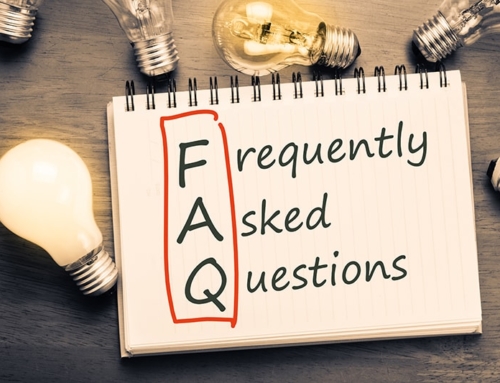Step 3: Organize your thoughts and ideas into a workable outline.
Begin by writing down some ideas that you have for the title. Jot down every title and subtitle that comes to mind for your book. One of these may end up being the title of your book and another may be used as the subtitle. Your title is a magnet to attract ideas, principles, story lines and points that you wish to make. Rarely is your first title the one you end up with, but it marks the starting line for your race to finishing your book.
Write the premise. When you start your book it is important to write out a premise statement that establishes the main idea, the basic concept, the foundational principle, personal story or instructional topic of your book. For example, if you are writing a book about the Sermon on the Mount, then you need to determine what the book is going to cover and how it will clearly summarize or specifically detail the ideas, principles, truths, teachings and material you have gleaned from your study of the Sermon on the Mount. Ask yourself, “What am I seeking to clearly communicate to my reader?”
The premise should be brief and to the point. Once a premise is written in one to three paragraphs, go back and make certain that the basic idea of the book is communicated clearly. Then, let other people read the premise and see what questions they ask. Doing so will enable you to add to the premise any additional content needed to answer questions a reader might have about what is in your book. If you, the author, don’t know what you are trying to communicate, you will never be able to communicate it clearly to a reader. The premise is carried throughout your book. It needs to be just one basic idea.
Your premise is the plumb line for communicating everything in the book. Every chapter, every poem and every part of your story – whether it is a biography or an autobiography, a novel or a piece of nonfiction – must be tied to the central story premise and direction for your book.
Invite feedback from others. Once you have a premise written and all the benefits are clearly explained, let other people read it. Ask family members and friends to read what you have written about your book project, and ask them to give you feedback. There are also many writing organizations such as Word Weavers and Christian Writers Guild that can provide support. Look for others within your own church or community of friends that want to support each other while they work on their own manuscripts.
Here are some questions you need to ask them after they have read what you have done.
1 – Is the reason for the book being written clear?
2 – Can you tell others the purpose of the book in your own words?
3 – What benefits would others receive from reading your book?
4 – Who do you think would be interested in this book?
5 – What is the market for the book?
6 – Would you buy the book? Why, or why not?
7 – What topics need to be included in this book?
Once you have some feedback on the premise and benefits of the book, then go back and rewrite the premise, as clearly and sharply as you can, listing all the benefits you want the reader to receive from reading this book. Now you are ready for the next step.
Create a chapter outline. Now it is time to list all of the major topics, ideas, concepts, and principles that you believe should be covered in your book. This list will eventually be refined into your chapters. Don’t worry right now about the order of the chapters. You can put an order to your chapters later. Right now you simply want to get the main concepts written down. Spend some time doing this. Once you have made your initial list of topics and chapters, let it sit for a few days and come back to it after you have had time to think, pray and meditate on the material. Then add to and subtract from your list.
Once you have your list of chapter titles and topics, go back and write a paragraph or two with your main idea for each chapter. Just as the book needs a premise, each chapter needs a premise.
What are you going to communicate in this chapter?
What do you want the reader to learn?
What is the material you want to share with the reader?
What benefit will the reader get from this chapter?
What will they further understand once they have read this chapter?
What will they be able to do as a result of reading this chapter?
How will this chapter change the reader?
What kind of transformation, information and new dedication to God or to others will they desire to make as a result of reading this chapter?




